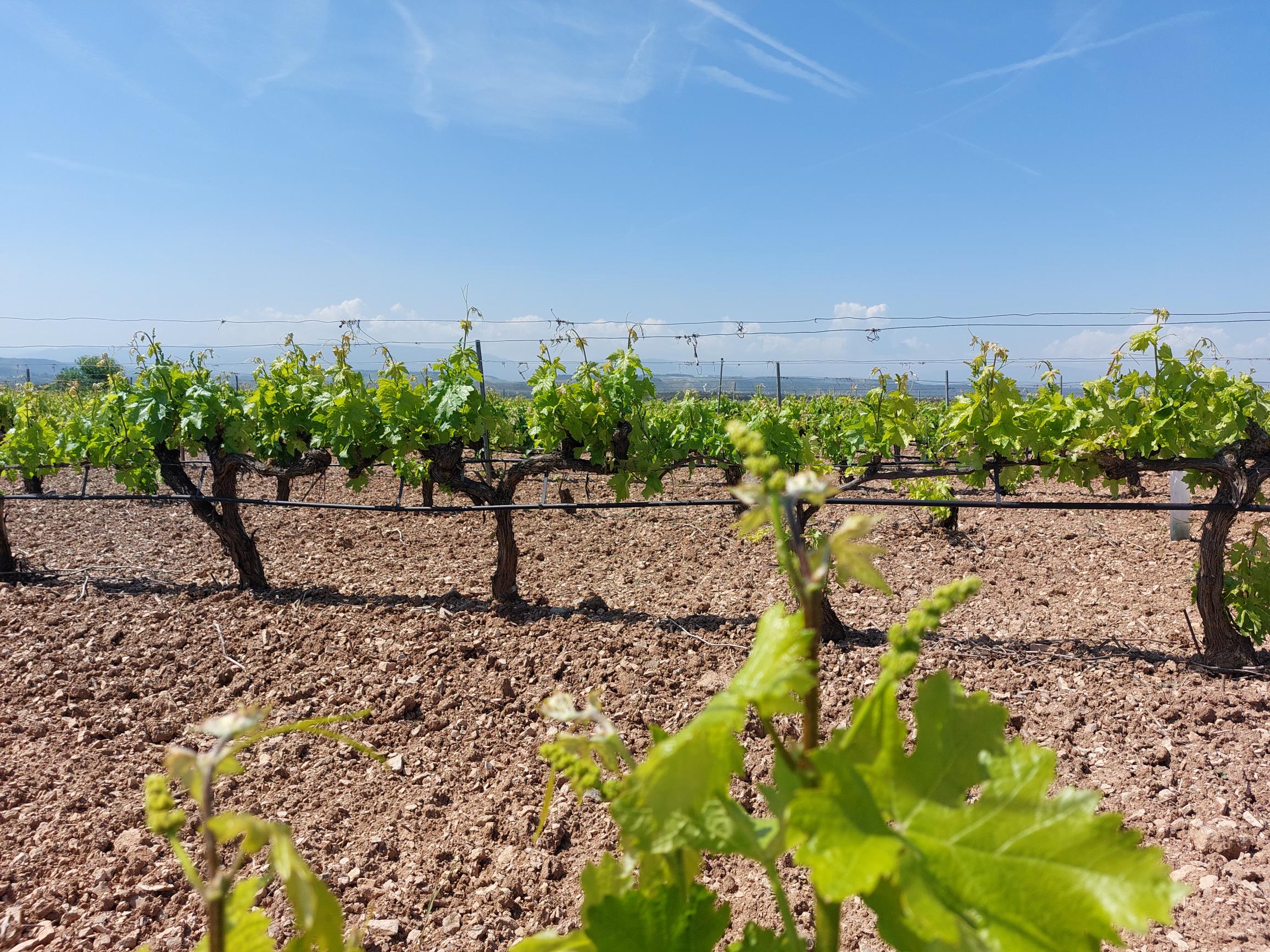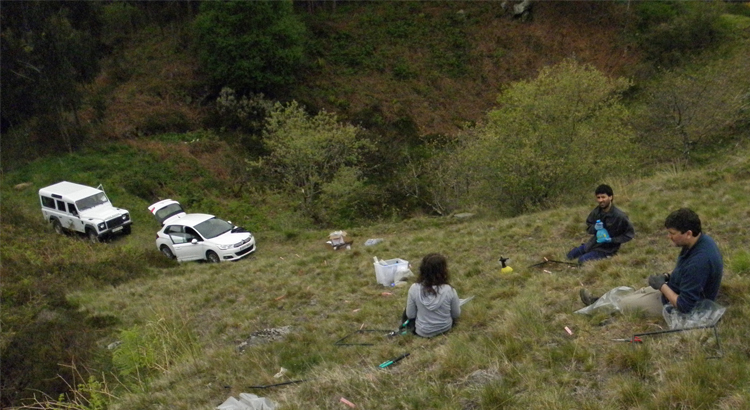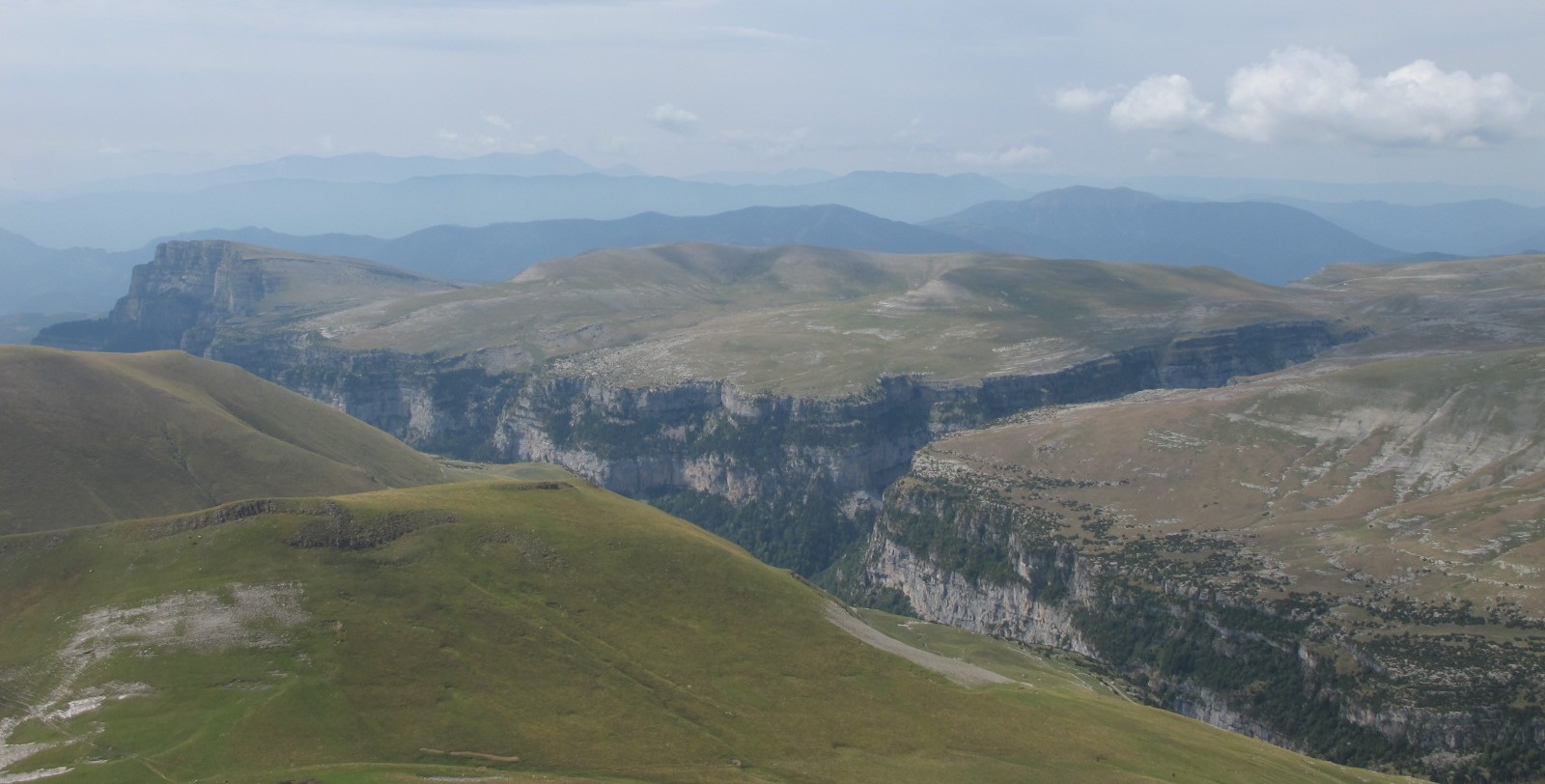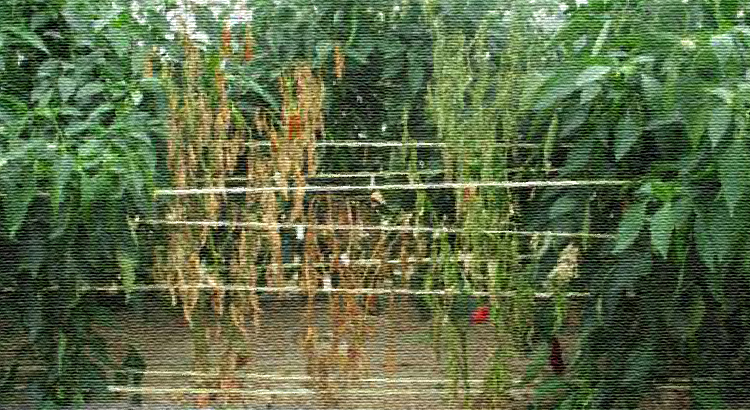Agroecological practices (AE) in vineyards, such as the establishment of ground covers to protect soil from erosion and enhance its functionality, biodiversity, and associated ecosystem services, have a scattered distribution and inconsistent implementation. In some regions, these practices are nowadays more widespread, although frequent problems of implementation and performance persist. In contrast, conventional management predominates in other regions, in which the soil is kept free of weeds through tillage and herbicides, while relying on synthetic agrochemicals for pest and disease control and fertilisation. VinAE proposes the creation of a network of pilot vineyards using AE practices located in five of the main European grape and wine producing countries: Italy, France, Spain, Portugal and Turkey. The pilot vineyards are established in the Mediterranean, Atlantic and Anatolian biogeographic regions, encompassing a wide range of edaphoclimatic conditions, topography and landscapes. This collaborative strategy is particularly valuable in a context of climate change, as knowledge generated across different climates can be highly relevant during adverse and abnormal events. In addition, the information available on AE practices often stems from partial analyses of their agronomic, environmental, and socio-economic impacts, carried out in scattered experiences. The multidisciplinary expertise of the partners (ranging from vinegrowers, who constitute the core of the project actions, to researchers experts in agronomy, environmental, biodiversity and social and economic sciences) will enable a comprehensive evaluation of AE practices in vineyards, addressing a wide range of scenarios and challenges.




